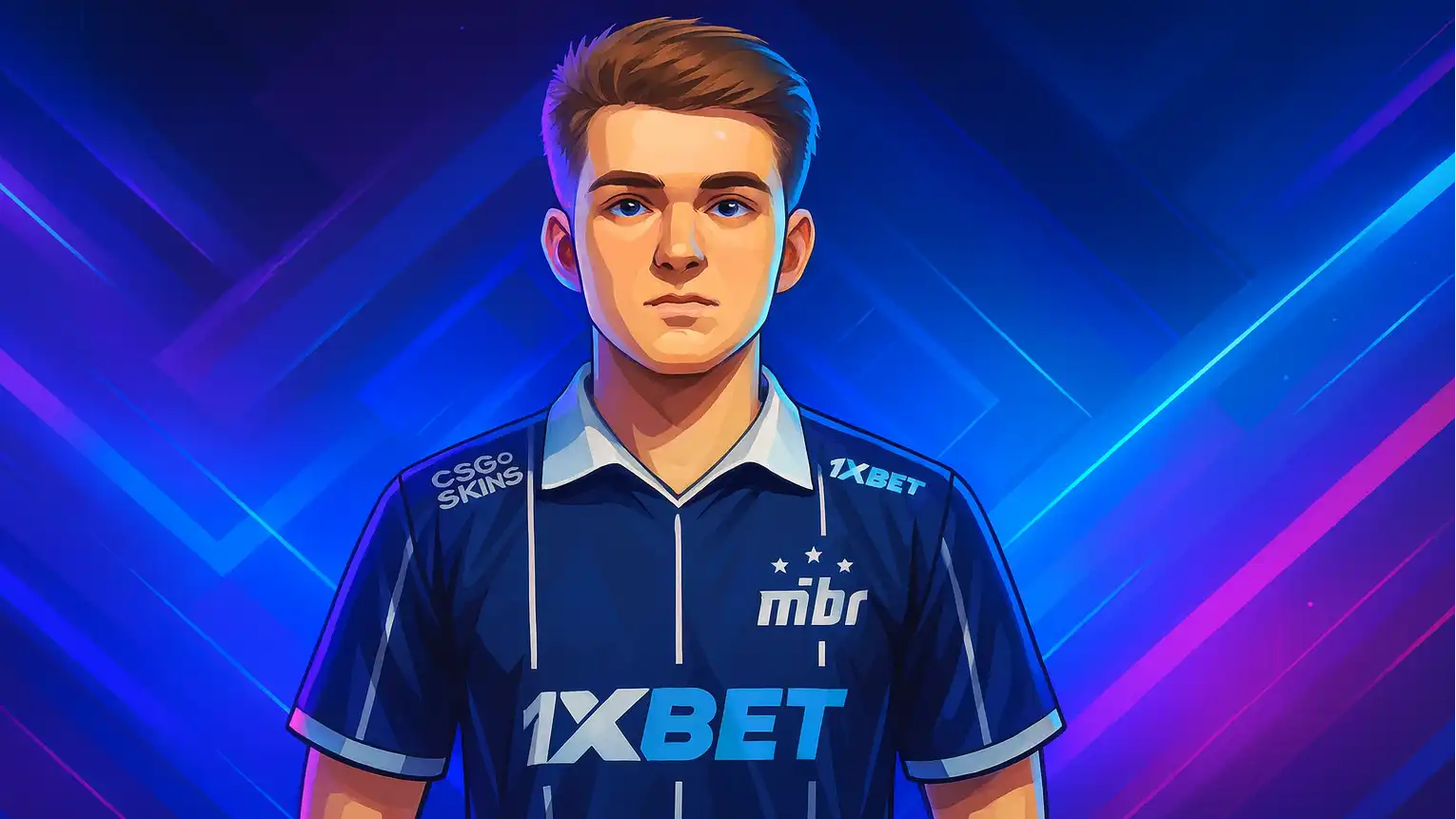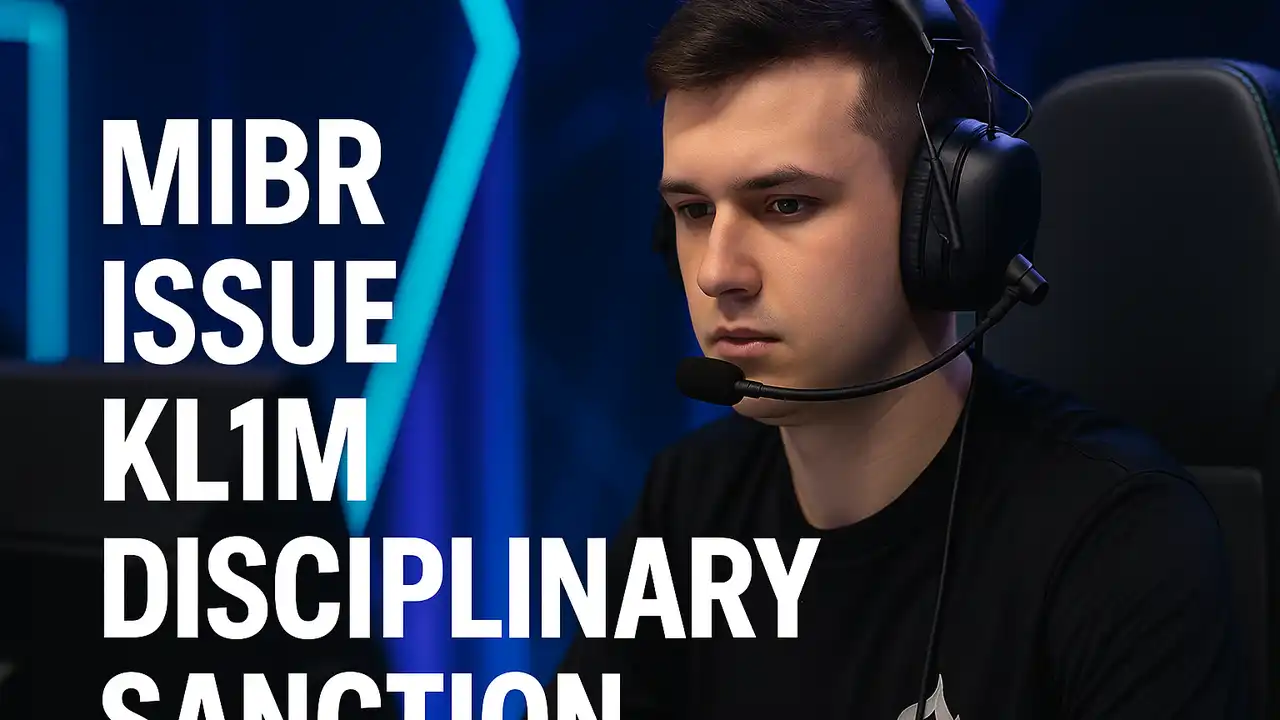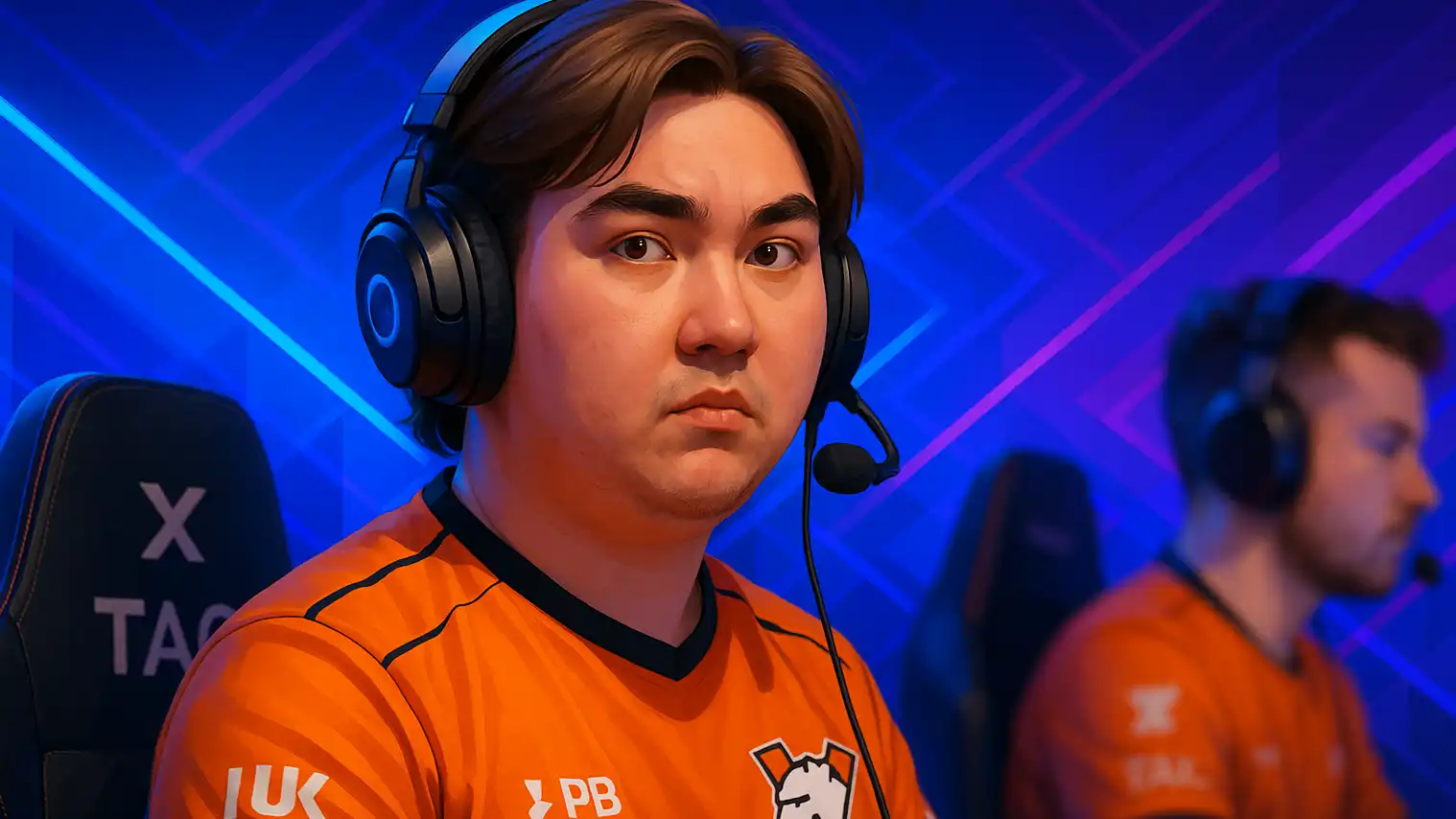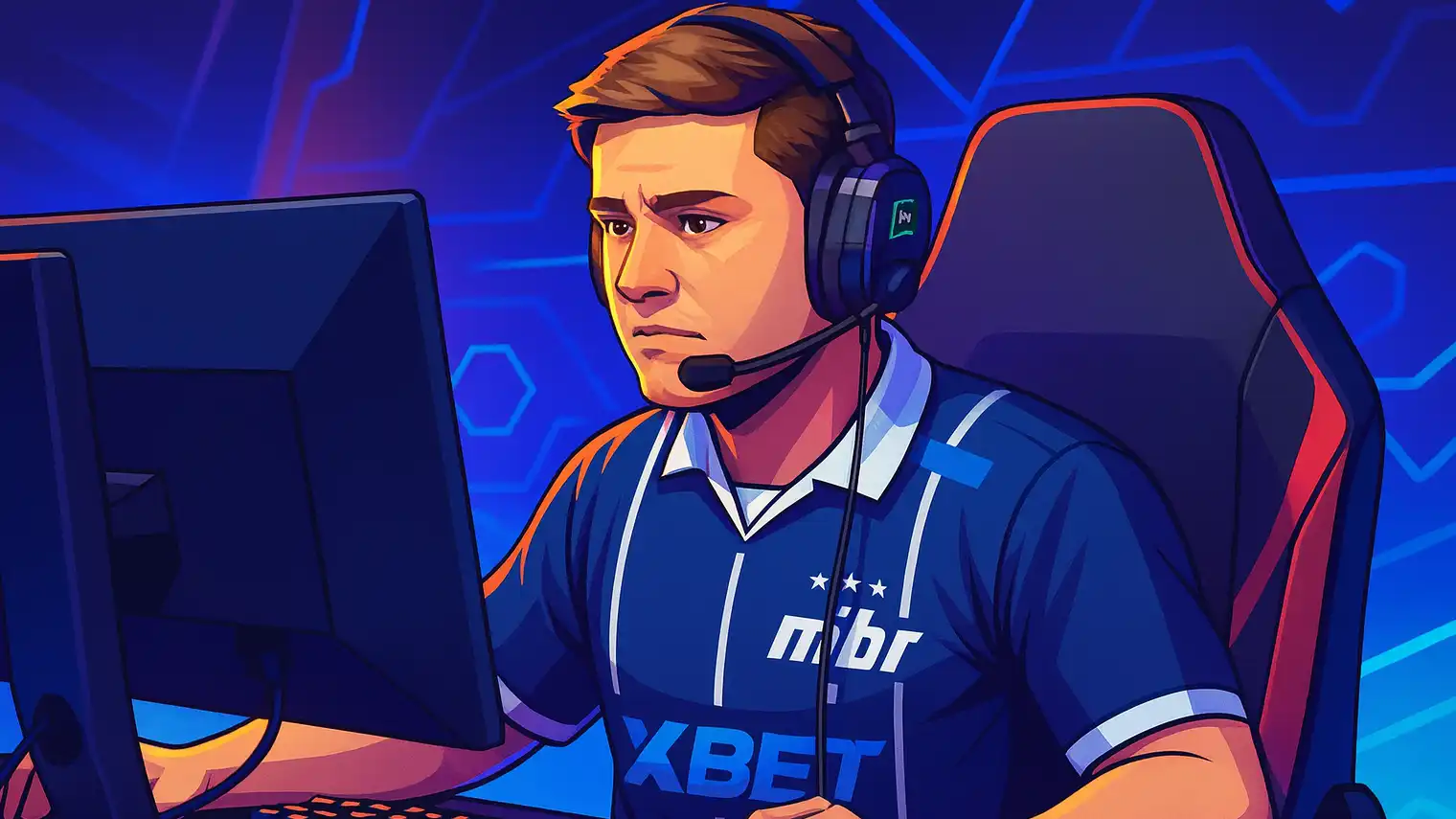Qikert embraces Brazilian-style energy: “People are screaming a lot … I like those vibes more than the usual calm TeamSpeak”

Qikert embraces Brazilian-style energy: “People are screaming a lot … I like those vibes more than the usual calm TeamSpeak”
Aleksei “Qikert” Golubev, who recently joined MIBR as a Kazakh import, talked to HLTV about adjusting to Brazilian culture, the noisy in-game atmosphere, and how it compares to his past in CIS and European lineups. He said the emotional, vocal environment in Brazil is striking — and something he’s come to appreciate.
“People are screaming a lot, they are hyping up their teammates, and I like those vibes more than the usual calm TeamSpeak.”
Winning the opening match: less room for error
Qikert described MIBR’s start at CS Asia Championships 2025 as critical. Their opening match was a BO1, and losing it would make their position in the tournament shaky, given the structure of CAC (first BO1, then BO3s). Securing that initial victory provided a measure of security and mental momentum.
“It feels good; it’s always nice to win a first game … in this tournament because you have the first BO1 and then you go into BO3. If you lose that first game, it's kinda shaky.”
A shift in meta: from Europe to Brazil
Qikert reflected on the stark difference in style between European and Brazilian teams. Having spent his entire career in European/international scenes, adapting to Brazilian match tempo, comms, and emotional displays required a mindset transition:
-
Tempo & aggression: He said Brazilian teams push more aggressively, often with faster engagements and less passivity.
-
Emotional expression: The vocal celebrations, shouting, and hype are customary; they break the traditional CS mold.
-
Personal adjustment: During his 30–40 day stay in Brazil, he felt the divergence firsthand. At first, he struggled with their pace and style but gradually acclimated.
“I had to get used to it … it’s a different meta, different reactions, different playstyles.”
Qikert also contrasted cultural habits of communication:
“In Russia or CIS in general, we are more calm, we are not that emotional. But in Brazil … it’s so emotional … the way they hype their teammates … the way after winning rounds or after lost ones, I like the mentality that they show.”
Language & roster dynamics
Because MIBR’s core roster has been Portuguese-speaking, the shift also demanded linguistic adaptation. Qikert shifted from CIS comms to English, and initially the adjustment was awkward:
“Communication wasn't easy for the first ten days … I had to switch from CIS comms to English … for my boys it was kinda hard as well … then we got used to it.”
Qikert also praised his new teammate kl1m (Klimentii Krivosheev), an unexpected acquisition on MIBR’s side. He noted that kl1m is young and relatively inexperienced, but showed high individual skill with both rifles and the AWP. He was impressed by the player’s fast adaptation to tier-one matches and work ethic:
“He learns really quick … the way he is studying, how he's getting used to tier-one … it’s crazy.”
Regarding his and kl1m’s roles, Qikert admitted there's no long-term blueprint currently:
“It’s more about just playing the game … let’s look at the results at the end of the day…”
Outlook & next challenges
Looking ahead, Qikert expressed confidence in MIBR’s ability to compete. He already sees a potential advantage against teams with freshly-formed lineups, such as Liquid, who he believes have had limited time to properly integrate new players and prepare.
“They didn’t have much time to prepare … maybe we have more time to adapt for a new roster.”
The Brazilian energy, vocal comms, and communal hype seem to be reshaping his perspective on how a team atmosphere can impact performance. For Qikert, the days of stoic TeamSpeak might give way to a more expressive, aggressive identity — one that matches the passion of Brazilian esports fans.





